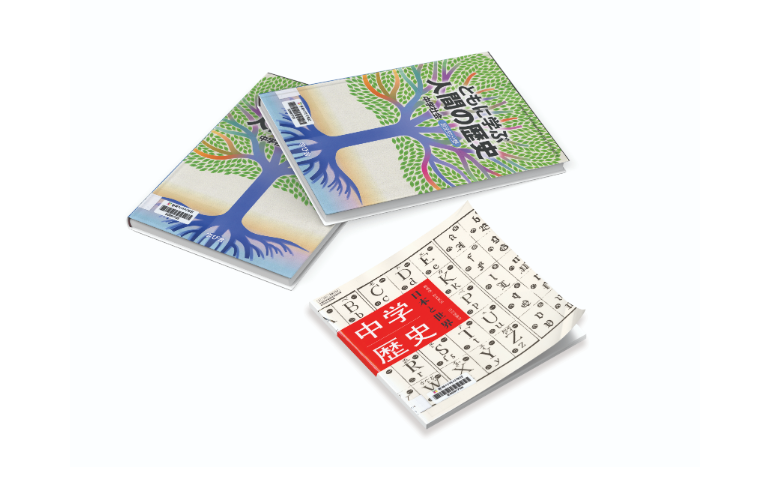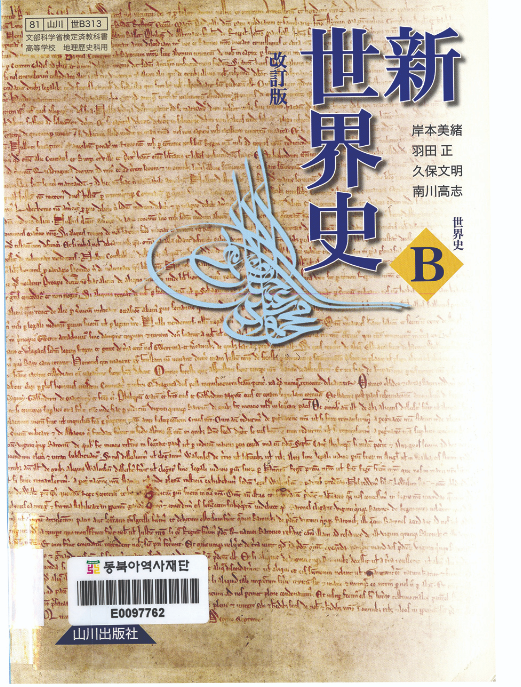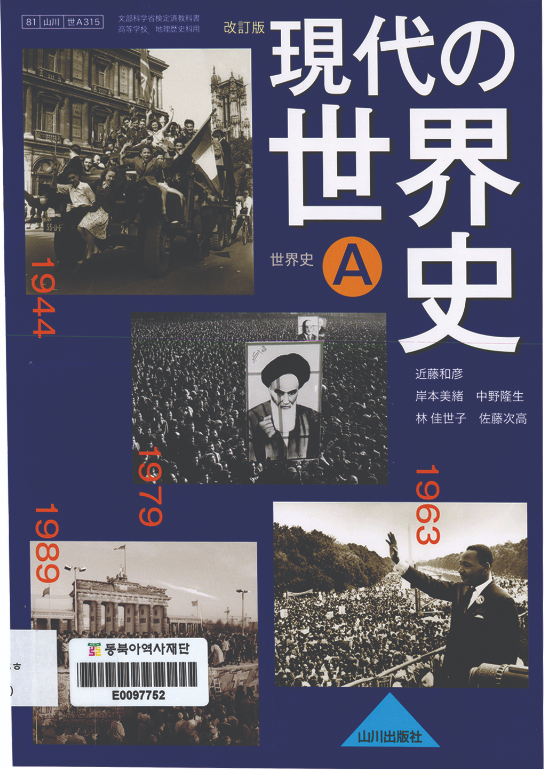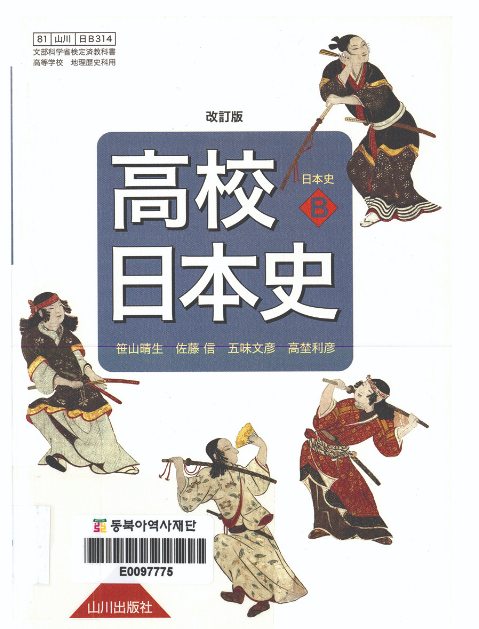NORTHEAST ASIAN HISTORY FOUNDATION 07/2022
-
Seo Hyeon-joo, Researcher, The Institute for Korea-Japan Historical Issues

Decreasing Adoption of Right-wing Textbooks and Increasing Use of Term ‘Comfort Woman’ in Middle School History Textbooks
Ikuhosa’s middle school history textbooks, representative right-wing textbooks, have lost their share from 6.3% in 2016 to 1.1% (2021) and 1.0% (2022). Another right-wing textbook published by Jiyusa, was rejected during textbook verification in 2020 but applied again and was finally accepted in 2021. Fifteen municipalities in Kanagawa Prefecture pushed textbook reselection after news that Jiyusa’s textbook passed the verification spread, but all of them decided to use the existing textbooks. Of the 1.12 million copies of middle school history textbooks in 2022, this only accounted for 435 copies (0.0%).
While the cases of adopting right-wing textbooks continue to decrease, a ‘comfort woman’ related description, including the term ‘Japanese Military Comfort Women,’ has appeared in Yamakawa’s middle school history textbook, which passed verification in 2020. The contents related to “comfort woman” in the middle school history textbook, which had disappeared entirely from the verified versions in 2011, appeared in two books following Manabisa’s version in 2015. In December 2020, the 'Japanese Society for History Textbook Reform' ('JSHTR’) took issue with the term 'Japanese Military Comfort Women' in Yamakawa’s version. The Ministry of Education, Culture, Sports, Science and Technology pressured the publisher to 'correct' it but failed to draw any significant response.
Cabinet Decision and Pressure to Change Terms: ‘Comfort Woman’ and ‘Forced Conscription’
At
the Education and Science Committee of the House of Representatives held in
March of the following year, Haruko Arimura, a member of the Liberal Democratic
Party, made a remark to the effect that Yamakawa's middle school history
textbooks containing the term "comfort woman" passing the
verification process is problematic. On April 16, House of Representatives
Nobuyuki Baba, a member of the Japan Restoration Party, submitted the
At the Budget Committee of the House of Representatives on May 10, Fumitake Fujita of the Japan Restoration Party said, “I highly value the government’s response. What will be done with the text verification and the current textbook terminologies?” The Minister of Education, Culture, Sports, Science and Technology responded, “If there is a unified view of the government presented by Cabinet decision or other methods, we shall respond accordingly so that the terminology corresponds with the textbook verification standards.” Three days later, at the Education and Science Committee of the House of Representatives, Shigefumi Matsuzawa (Japan Restoration Party) insisted, “We should have the textbook publisher request for a correction. Should the Ministry of Education, Culture, Sports, Science and Technology not recommend the publisher request a correction if there is no request?”
Meanwhile, the Ministry of Education, Culture, Sports, Science and Technology held an online briefing session on May 18 for the officials of about 20 publishers that publish textbooks for middle school social studies textbooks, high school geography, history, and civics textbooks. It informed them to request correction until the end of June if they wish to correct the terminology of verified books. A participant asked, "What happens if we do not apply for correction?" A ministry official answered, "A recommendation for correction request may be given by the Minister of Education, Culture, Sports, Science and Technology," virtually putting pressure on the application for correction.



Results of Textbook Correction Request by Publishers
According to 『Asahi Shimbun』, “By October 11, seven publishers applied for the terminology correction of 39 high school geography, history and civics textbooks, and two middle school history textbooks and received approval.” The correction requests were slightly different according to publishers. In some cases, publishers deleted ‘Japanese military comfort women’ or ‘Japanese military’ according to the government response. In addition, some textbooks did not apply for correction or stated the government's opinion, leaving the phrase, 'so-called Japanese military comfort women' intact. This can be evaluated as a result of the efforts of writers and textbook publishers to protect academic freedom and freedom of speech and publication. It is also related to the problems with government responses. As revealed through a question by Kimie Hatano (Japanese Communist Party) and an answer from the Ministry of Education, Culture, Sports, Science and Technology at the Education and Science Committee of the House of Representatives on June 9, the textbook verification standards revised in 2014 do not uniformly exclude opinions that differ from the government’s unified view or the Supreme Court precedents. The government's views and opinions different from theirs could be added together.
This movement, in which the 'JSHTR,' which has lost power to conduct the campaign on its own, used the Liberal Democratic Party and the Japan Restoration Party as agents to attack high school geography, history, and civics textbook terminologies, unlike the past. This movement is a direct intervention of politics in education, which should be based on academic integrity. It is worth paying attention to the efforts of textbook writers and publishers who struggled to reflect academic achievements within the framework of the verification system, even in such circumstances.
The user can freely use the public work without fee, but it is not permitted to use for commercial purpose, or to change or modify the contents of public work.



